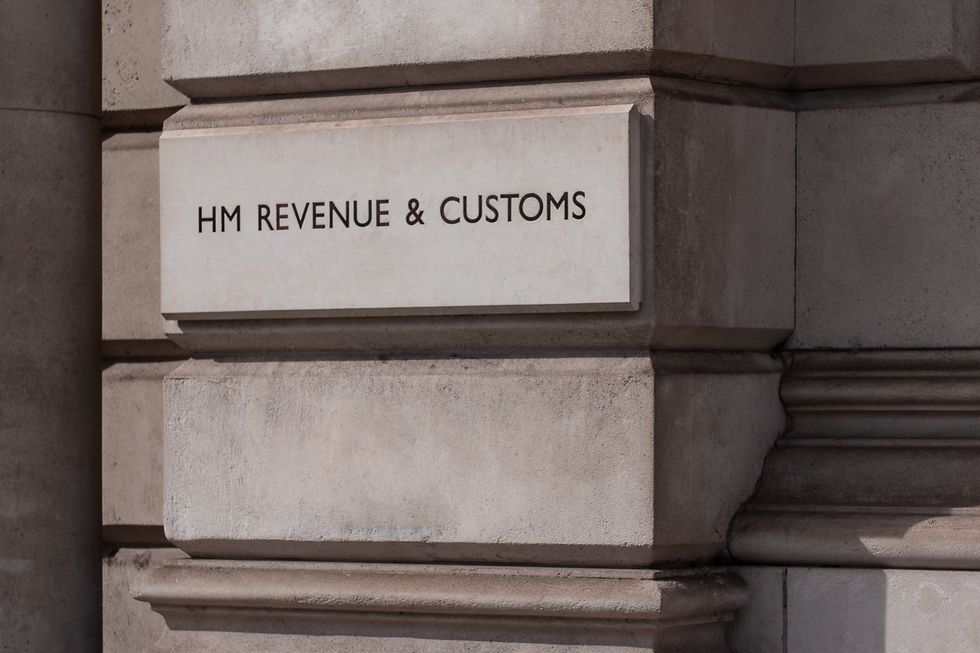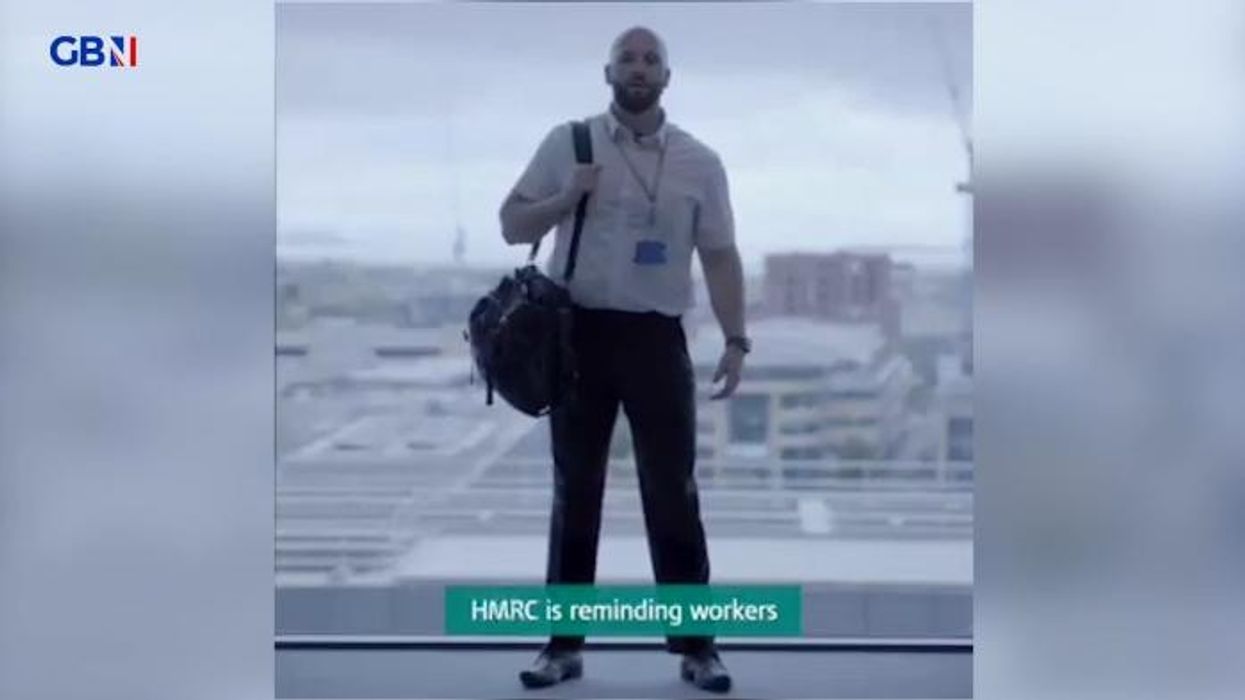Man forced to wait nine months for £4,000 inheritance tax refund while HMRC charges taxpayers late fees

The late payment interest rate set by HMRC is currently set at 8.5 per cent
Don't Miss
Most Read
Latest
HM Revenue and Customs is facing mounting criticism over significant delays in processing tax refunds, with some taxpayers waiting months for money they are owed.
The growing backlog coincides with other service issues that have damaged public confidence in the tax authority.
Inheritance tax refunds that previously took weeks to process are now leaving bereaved families waiting for extended periods.
The delays have sparked frustration among taxpayers who find themselves in a one-sided relationship with the tax authority.
While HMRC is quick to demand payment and impose fines for late tax submissions, it appears considerably slower when returning overpaid funds to taxpayers.
One case highlights the extent of these delays. A taxpayer has been waiting since July 2024 for a £4,000 inheritance tax refund.
The individual paid inheritance tax based on a probate value of £360,000 for their parents' house, exceeding the maximum £350,000 residence nil-rate band allowance.

The late payment interest rate is set by HMRC at the Bank Rate plus four percentage points
| GETTYHowever, when the property sold for just £305,000 in July 2024, they became eligible for a refund on the overpaid tax. Despite their solicitor contacting HMRC multiple times, the refund took over nine months to come.
The late payment interest rate is set by HMRC at the Bank Rate plus four percentage points – which means it is currently set at 8.5 per cent – so debts can grow quickly if bills aren’t paid on time.
As it can take many months, if not years, to sell a property, this means families end up overpaying inheritance tax and then need to claim a refund from the taxman. But the waiting times for this can run into months.
Each time they called, HMRC representatives promised to send messages to "speed things up" but provided vague explanations for the delay.
This issue extends beyond inheritance tax. HMRC is now taking more than four months to process various tax refunds that accountants say previously took only a few weeks.

This issue extends beyond inheritance tax
| GETTYThe delays particularly affect employers' Pay As You Earn (PAYE) and the Construction Industry Scheme (CIS), which requires building contractors to make tax deductions for subcontractors.
Nikki Ainscough, managing director of York-based Equilibrium Accountants, has reported cases where HMRC is expected to take over four months to process refunds of overpaid tax or national insurance.
These extended waiting periods are causing financial strain for individuals and businesses who are entitled to their money.
The backlog appears to be part of wider service issues at the tax authority. In response to criticism, an HMRC spokesperson said: "We're tackling response times for these refund claims by allocating extra staff to work on them."
The tax authority maintains that most refund requests do not require further checks that can take up to 12 weeks.

These delays come amid broader criticism of HMRC's service standard
| GETTYHMRC also defended its overall performance, stating: "We've made significant improvements to our customer service overall. Customer satisfaction stands at about 80 per cent."
They added that their funding settlement means they'll "be able to meet our service standards in 2025-26."
However, this provides little comfort to those currently waiting months for refunds they're legally entitled to receive.
These delays come amid broader criticism of HMRC's service standards. MPs have highlighted issues including call waiting times that have increased to more than 23 minutes on average.
The tax system's growing complexity has also drawn fire from parliamentarians. Last week, parliament's Public Accounts Committee stated bluntly that "taxpayers' trust in HMRC is falling".











